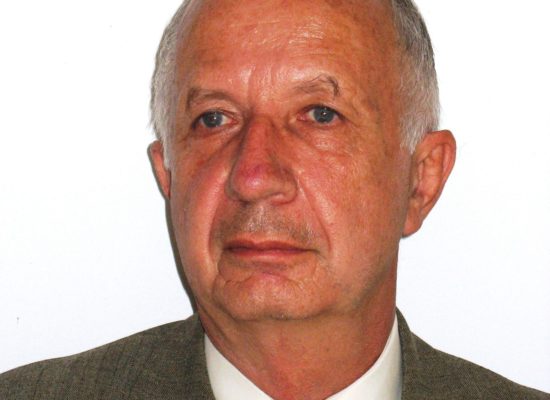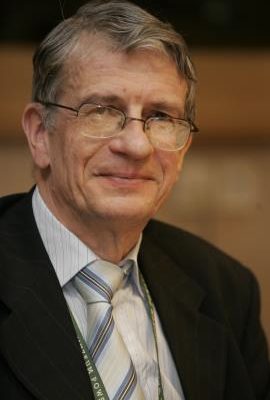Main research areas
Department of Central and Eastern Europe and Post-Soviet Studies
1. Central Europe, Central and Eastern Europe: definitions, borders, identity
Since the beginning of the Department’s existence, one of the basic research areas has been the issue of the definition of a region that has undergone extremely turbulent history, and its borders, identity or specificity are the subject of disputes and debates. The dynamics of changes in the region since the end of the Cold War, and recently with the start of the full-scale aggression of the Russian Federation against Ukraine, makes the analysis of historical and more contemporary perspectives even more interesting and up-to-date.
We presented some of our conclusions at the international conference on March 21, 2022 entitled What is Central Europe and what is Eastern Europe? The name of the region in the academic discourse in Poland and France and the monograph Wschód Zachodu? Pytania o tożsamość Europy Środkowej (The East or the West? Questions about the identity of Central Europe), published in 2022.
Invitation and Programme – PDF, 503 KB
Summary of the Conference – PDF, 538 KB
2. The Three Seas Initiative as a new example of regional cooperation in Europe
Research on the Three Seas Initiative has been conducted at the Department since 2018. Their effect is numerous publications, including two monographs, as well as the establishment of the Research Center of the Three Seas Initiative under the leadership of professor Agnieszka Orzelska-Stączek. Details of the project can be found at https://3si.politic.edu.pl/
The spectrum of interests of the Department also includes other regional groupings, such as the Visegrad Group, the Central European Initiative, the Bucharest Nine or the Slavkov Triangle, also in a comparative perspective.
3. Soviet and Russian policy towards Central Europe and in the area of Soviet republics/post-Soviet states
As part of several projects, research is carried out on:
- The European borders of the Soviet Union (1917-1991)
- Russia in Ukrainian political thought in the 20th century
- The influence of Russia’s policy on Central Europe and the international system, including the pro-Western aspirations of the post-Soviet states
- the transformations of imperialism in the period of Tsarist Russia, Soviet Union and post-Soviet Russian Federation
In addition, the employees of the Department carry out other research related to individual countries of the region, regional groupings, transformations after the fall of communism and the collapse of the Soviet Union, the role of Central/Central-Eastern Europe in the modern world and historical aspects related to the region.








